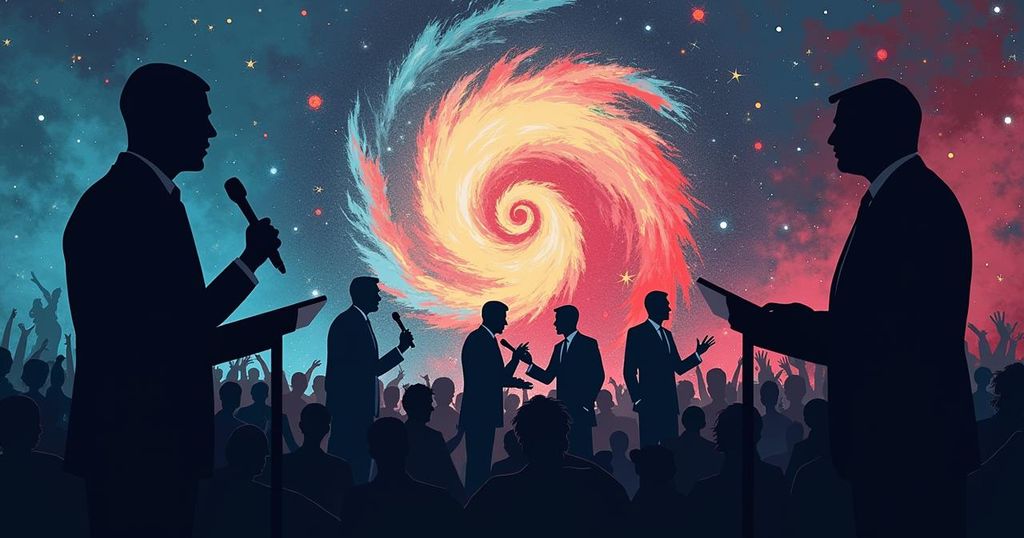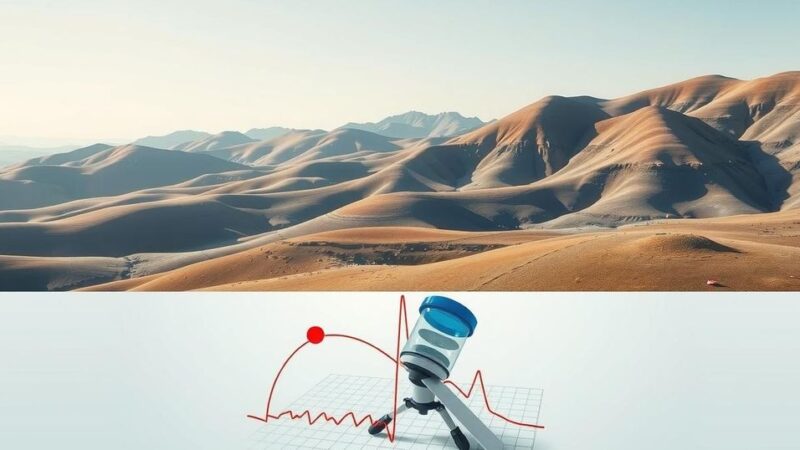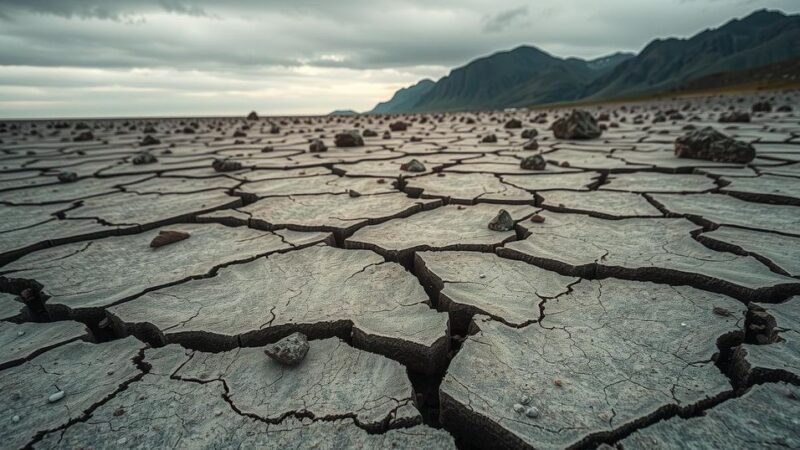Hurricane Helene has caused widespread destruction across several states, leading to debates about climate change during the recent vice presidential debate. Scientists attribute the hurricane’s intensity to climate change, while Senator Vance expressed skepticism about human-caused emissions. In contrast, Governor Walz championed the Biden-Harris administration’s climate initiatives, particularly the Inflation Reduction Act, as essential for environmental progress.
This week, Hurricane Helene made landfall from the Gulf of Mexico, unleashing devastation across multiple states, including Florida, Georgia, South Carolina, North Carolina, Tennessee, and Virginia. The hurricane tragically resulted in over 160 fatalities, left thousands displaced, and caused significant destruction to homes and infrastructure, with more than 600 individuals still unaccounted for. Search and rescue operations, alongside disaster relief efforts, are currently ongoing. In light of this pressing crisis, a pivotal discussion regarding climate change emerged early in the vice presidential debate. Moderator Norah O’Donnell highlighted the consensus among scientists regarding the alarming rate of global warming, which is contributing to the increase in frequency and intensity of hurricanes. Both moderators, O’Donnell and Margaret Brennan, linked the devastating consequences of Hurricane Helene to climate change. A preliminary analysis by researchers at Lawrence Berkeley National Laboratory indicated that climate change may have amplified rainfall in certain regions of the U.S. Southeast by up to 50%. Although this analysis awaits peer review, it utilized methodologies established in previously peer-reviewed studies. O’Donnell posed a question to Ohio Senator J. D. Vance (R), former President Donald Trump’s running mate, about what responsibilities a potential Trump administration would bear in addressing climate change. Vance acknowledged the public’s justified concern regarding extreme weather patterns. However, he expressed skepticism towards the idea that human-caused carbon emissions are significantly driving climate change. He suggested that, even should this be the case, reducing emissions could best be achieved by reshoring manufacturing and enhancing domestic natural gas output. Scientific research continuously attributes the phenomenon of climate change to the rise in atmospheric carbon dioxide levels.
The recent discussions surrounding Hurricane Helene, a devastating natural disaster, cast a spotlight on the ongoing debate concerning climate change and its implications. Scientists have long warned that climate change exacerbates the severity of natural disasters, leading to intensified weather patterns and increasing risks to communities. Furthermore, the potential impact of anthropogenic activities on climate continues to be a significant topic of discussion among lawmakers and the public. As society grapples with these realities, the political response to climate change becomes increasingly vital, particularly in the context of significant legislative actions such as the Inflation Reduction Act, aimed at addressing environmental concerns while fostering economic growth.
The vice presidential debate highlighted the contrasting views on climate change and its implications following Hurricane Helene’s devastation. While Senator Vance conveyed skepticism regarding human impact on climate, advocating for domestic economic strategies, Governor Walz emphasized the necessity of a robust approach to climate investment and a dual strategy of maintaining fossil fuel production alongside promoting clean energy. This discourse underlines the critical intersection between environmental challenges and political accountability in mitigating future disasters.
Original Source: eos.org






